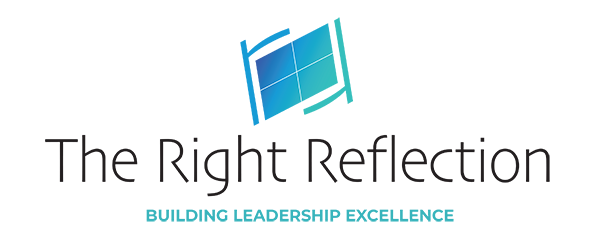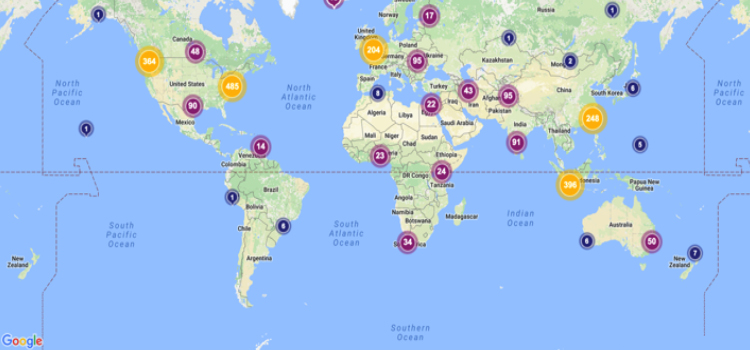As a graduate student in the University of Pennsylvania’s Masters in Applied Positive Psychology program, in 2014, I had to complete a capstone project. Everyone’s capstone is published on a website called Scholarly Commons. Each month, I get a report of how many people around the world have downloaded my capstone. In a little over two years, it’s been downloaded over 2500 times in 100+ countries. In places as far away as Indonesia (396 downloads) and Mongolia (1 download). I can’t help but think the topic is universal.
I chose a topic close to my heart. Why do so many incredibly talented women underestimate their abilities, lack confidence, and avoid reasonable risks that would make their lives and careers more rewarding? I meet these women everyday and in fact was one of them. The title of my capstone was The Right Reflection: Improving Women’s Self-Acceptance I went on to name my company The Right Reflection with the accompanying tagline – See Clearly, Act Boldly, Live Fully.
My conclusion was that none of us sees ourselves directly – only through reflection – and this can be damaging especially for women. Many women’s reflections are distorted due to destructive cultural messages that women receive and internalize and maladaptive thinking they then develop. Books as recent as The Confidence Code (Kay & Shipman, 2014) and concepts a bit older such as the Imposter Phenomenon (Clance & Imes, 1978) point to the reality that women often view themselves as less-qualified, intelligent and deserving than men or other women.
My capstone explored the role of low self-acceptance in this phenomenon. Topics covered include the concept of self-acceptance, how self-acceptance differs from self-compassion and self-esteem, what contributes to low self-acceptance in women (sex-role stereotyping, patriarchy, sexism), thinking styles that contribute to low self-acceptance in women (rumination, perfectionism, explanatory style), how low self-acceptance manifests in women (imposter phenomenon, lack of confidence), and actions that women can take to improve self-acceptance.
I became fascinated with the idea that if people could see themselves clearly and non-judgmentally, whole new worlds would open up for them. So, there you have it. In my work with individuals, teams and organizations, I give people the tools to see themselves clearly, act boldly and live fully. In other words, help them have the “right reflection.” I just passed my two-year anniversary on this journey and look forward to many more. Thanks for coming along for the ride.

